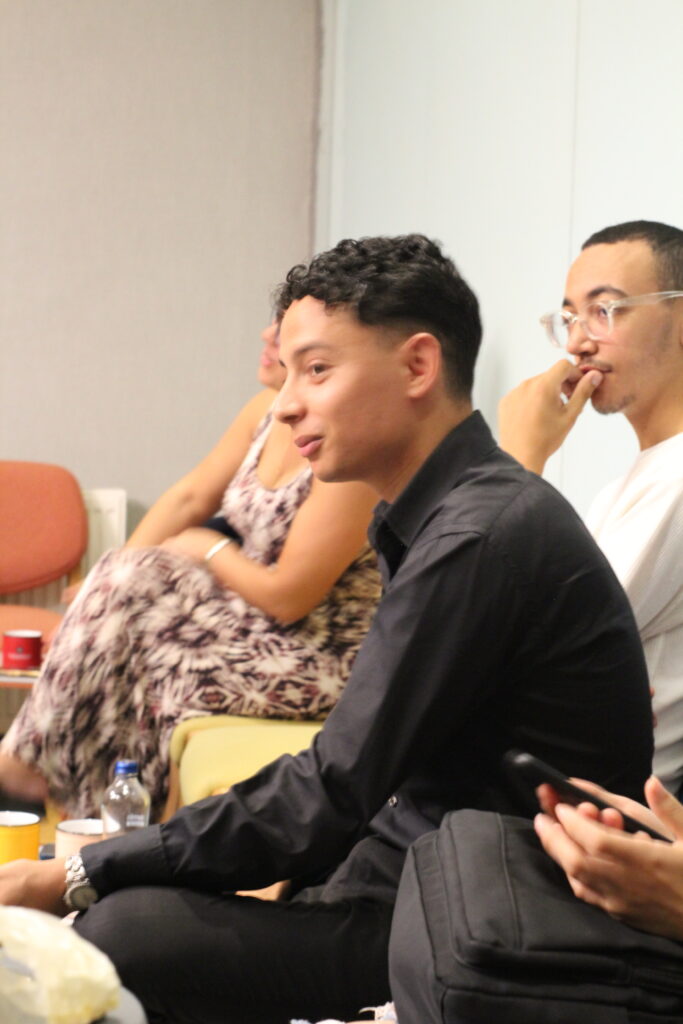The Struggle of Caregivers in Cancer
The Struggle of Caregivers in Cancer
The effects of cancer, which is the biggest health problem all over the world, show its effects in all processes of human life. Individuals with a history of cancer are exposed to many social, economic, physical and psychological changes. It is not only individuals with a history of cancer who are affected by these processes, but also individuals who have close relationships with these individuals: individuals who provide care to these individuals are also negatively affected by these processes. In the treatment process that starts with the diagnosis of the disease, the psychological well-being and social lives of caregivers are negatively affected by the change in the daily life of the caregiver, the differentiation of the priorities of the caregiver and the anxiety of losing the sick individual.
The problems experienced by caregivers differ at the stage of diagnosis, treatment, post-treatment and relapse of the disease. At the stage of diagnosis, they may experience uncertainty and anxiety about the future, inability to accept the change in their lives with the illness of the caregiver and their own illness. During the treatment process, the struggle of individuals to adapt to the change processes, anxiety about losing the sick individual, and problems of reduced social life may arise. After the treatment of the disease, an increase in burnout, hopelessness and depression levels may be encountered in caregivers with the relapse of the disease.

In the researches conducted, the stress levels and negative emotional states of caregivers vary according to the stage of the caregiver’s treatment and whether the individual can meet different needs such as going to the toilet. It was found that individuals caring for patients who were in the progressive stage of the disease and who could not meet their personal needs on their own had more stress and reached more negative emotional changes. Another factor affecting the levels of stress and negative emotional changes of caregivers is considered to be the duration of the process. As the care process prolongs, individuals’ negative experiences and emotional change burdens increase.
How should caregivers cope with these challenges?
The first issue to be considered is that the needs of caring patients should not be forgotten and should not be put into the second plan. The needs of people such as experiencing their emotions, getting to know them, and having time for themselves come to the fore in this process. This is important for caregivers to ensure both their own psychological well-being and the physical/psychological well-being of the patient being cared for. It may be difficult for someone with incomplete psychological well-being to provide healthy care to another person.
It must be remembered that every patient’s history is different. The disease process is unique for everyone and for every carer. The patient, disease and caregiver should not be exposed to false social comparisons. Family dynamics, patient and caregiver relationships differ according to individuals. This should be accepted as normal and should not be a problem. The most important key requirement for this process and all other challenging processes is healthy communication. Firstly, an open and direct communication should be established between the patient and the caregiver, and continuity of communication should be established.

Finally, it is strongly recommended that carers seek professional counselling. In order to seek counselling help, one should not wait until the problems have reached their final stage. The illness process can become an unexpected and complex process. It is expected that a professional counselling will be a positive support for caregivers and carers.